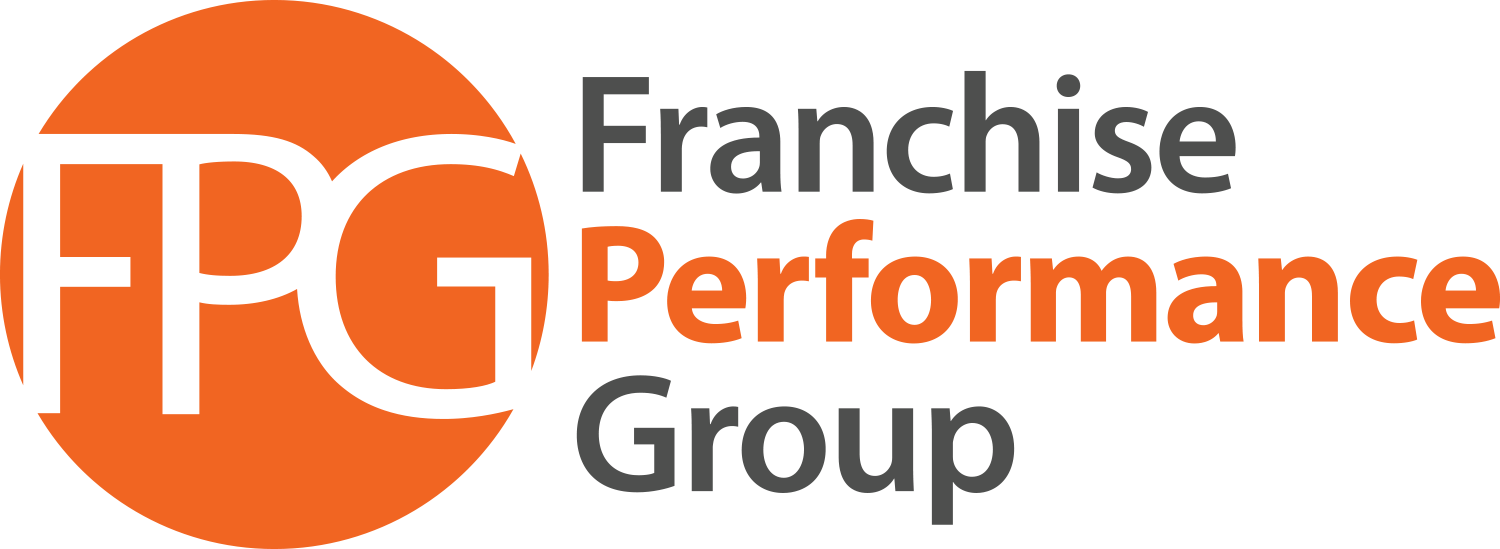While the Franchise Disclosure Document (FDD) is the document which defines the legal relationship between you and the franchisor, the true relationship between franchisees and solid and reputable franchisors transcend the obligations outlined in the FDD and franchise agreements. These are deeply committed personal relationships. Although it may not be explicitly stated in the FDD, the roles and responsibilities of the franchisor are:
- To do whatever it takes (within reason) to give franchisees the tools necessary to win, and
- To maintain the integrity of the brand.
Your role and responsibility as franchisees is equally simple.
- To master the franchisor’s business model,
- To deliver products and services to your customers to the best of your ability, consistent with the spirit and intent of the franchisor, and
- To maintain the integrity of the brand.
Franchisees’ profitability is the lifeblood of any franchise organization. If franchisees are not profitable, the franchise system eventually collapses like a house of cards. There is no other way to build a successful franchise system other than by building on the successes of profitable franchisees.
However, no franchisor is going to expressly state in a franchise agreement it is their responsibility to make you successful. They develop tools and systems for you to use. You make yourself successful using the franchisor’s tools and systems. They are going to place the responsibility squarely on your shoulders and the FDD will reflect this.
Also, do not let the language of the FDD spook you. The simple truth is if you go into the legal departments of most skilled franchisors, you can tell the file cabinets which hold the franchise agreements. They have the most dust on them because those cabinets are seldom opened and those agreements seldom read. Why? Because they know their survival is completely dependent upon whether or not you and the other franchisees win. They are often willing to do whatever it takes (within reason and budget constraints), regardless of what their agreement says or does not say.
All FDDs follow the same format, mandated by federal and state regulators. They all consist of 23 items, plus any exhibits and appendixes the franchisor includes. We will briefly describe what those 23 items.
Item 1: A general review of the company, including any predecessors or affiliates.
Item 2: Background data on officers, directors, and key employees.
Items 3: Litigation. A 10-year court history.
Item 4: Bankruptcy. Has the company or any of the officers declared bankruptcy in the past?
Item 5: Initial fees. What are the franchise fees?
Item 6: Ongoing costs, such as royalties, advertising, renewal and transfer fees.
Item 7: Breakdown of the initial investment. What is the total cost to get started?
Item 8: Who are the approved suppliers? Who do I purchase products from?
Item 9: Franchisee’s obligations
Item 10: Financing sources
Item 11: Franchisor’s obligations
Item 12: Territory descriptions
Item 13: Trademarks
Item 14: Patents and copyrights
Item 15: Day-to-day management requirements
Item 16: Products and services a franchisee may sell
Item 17: How to renew or transfer a business
Item 18: What if any public figures represent the brand?
Item 19: Financial Performance Representations
Item 20: Number of outlets and franchisees
Item 21: Financials
Item 22: Franchise Agreements and other agreements
Item 23: Acknowledgment of Receipt
When it comes time to sign your agreement, you choose to have an attorney review the FDD. If you go down this road, only hire a franchise specialist. Many attorneys will tell you they know something about franchising and are perfectly capable of reviewing a FDD. However franchising is a highly nuanced business, and unless an attorney specializes in franchising, he or she will not know the ins and outs of franchising and what franchisors will and will not do. It has been our experience that franchise candidates who hire attorneys outside of franchising receive pages and pages of copious legal notes, high legal bills because the attorneys don’t already know what to look for, and in the end, don’t get the expert advice they paid for.
Lastly, don’t expect the franchisor to negotiate the terms of the agreement. Most of the time, these agreements are set in stone. So as you review it, assume these are the terms you will be doing business under. Remember, you don’t have to like it, you just have to live with it.
Lastly keep in mind what we said earlier. If you choose the right franchisor, your relationship will be of a personal nature, not of a legal nature.
[/vc_column_text][/vc_column][/vc_row]